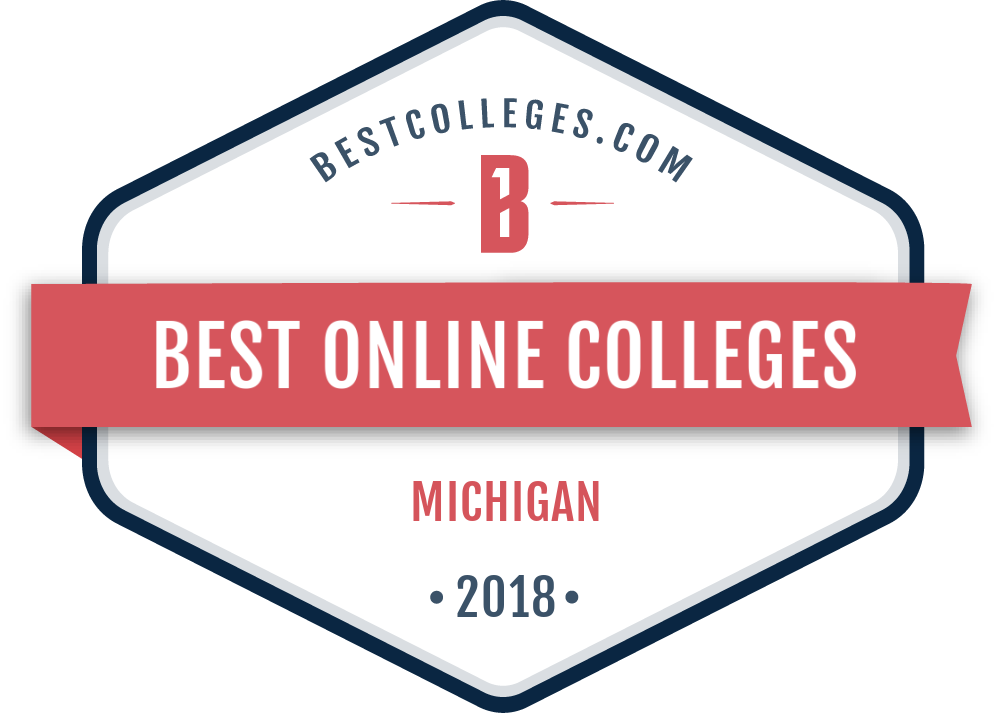What Qualities Make a Good Nurse Educator?

Nurse educators are experienced nurses who typically hold a Master of Science in Nursing Education degree and who help the current generation of nurses stay up-to-date in their nursing practice. Good educators make lifelong impressions on their students. Some individuals simply have a natural ability to inspire others. A few key qualities are often present in the best nurse educators. Do you have what it takes?
Get Your Free Nursing Program Guide
A Passion for Nursing
It’s important for nurse educators to receive a sense of satisfaction from their careers. The best educators are strong advocates of excellent patient care.. Each class of nurses requires educators who are also role models. A nurse who feels strongly about providing effective, evidence-based compassionate patient care is a great candidate for nurse education.
Patience
Patience is a virtue and another key trait of a great nurse educator. Not everyone grasps concepts on the first round of explanation, and not everyone possesses the same learning style. Educators must be aware of this and be able to tailor their teaching to different learning styles.
Any nurse will be able to recall their first time in clinicals or taking skills tests in nursing school and remember the nervousness they felt. Patience in a nurse educator is a highly valuable trait during these times, as students can be quite anxious.
Empathy
In line with patience, a good nurse educator has a strong sense of empathy. Empathy is critical in the nursing field. Nurses must be able to place themselves in their patients’ shoes. Nurse educators must be able to do this as well as place themselves in their students’ shoes. Patience and empathy work synergistically for nurse educators in many ways.
A Sense of Humor
Anyone who is close to a nurse is sure to have heard some memorable “nurse stories”. A strong sense of humor is a healthy coping mechanism, and has been proven to reduce stress levels. Nurse education can be quite stressful at times, and it is necessary to be able to kick off your shoes at the end of the day and have a good laugh. It is important for anyone interested in nursing education to master the use humor. Demonstrating a good sense of humor as an educator helps students and patients feel more at ease. It also helps students to develop their own coping strategies which will benefit them throughout their careers and help to relieve stress, prevent burnout and increase job satisfaction.
20 Additional Soft Skills for Nurse Educators
Visionary leadership in the field of nursing education consists of numerous soft skills that nurse educators will need to shape the future of this fast-changing vocation. Here are a few "extra" soft skills that are useful in nursing education.
- A love of learning and education
- A service mindset and approach
- Being collaborative
- Embracing technology and digital solutions
- Being a change agent who can lead and transform programs
- Ability to build community and inclusivity
- Integrity
- Being innovative
- Being persuasive in generating support and funding endowments
- Strong communication skills
- Being highly organized
- Ability to assess and measure information
- Ability to mentor and inspire others
- Proficiency in languages other than English and knowledge of other cultures
- Ability to integrate the behaviors and values expected of the profession
- Synthesizing information to visualize long-term improvement
- Experience in researching a wide range of areas
- Ability to promote partnerships and build relationships
- Creativity
- Being a published writer
Changes Occurring in Nursing Today
Nursing is becoming more complex as technology enables populations to voice their own healthcare needs, making a collaborative approach optimal. Soft skills not traditionally associated with nursing are opening the field of nursing education to non-traditional candidates.
As the frontline of patient care, nurses will increasingly respond to the needs of an aging population, as well as to changes in health information resources, diversity in populations and more natural disasters. To envision long-term solutions that inspire the next generation of nurses, an organized educator who embraces technology will achieve innovative results in a rapidly changing field.
Experience in research, technology, web-based teaching, writing skills and advanced critical thinking now complements traditional expertise in health-related disciplines. It takes innovation and collaboration among educators to produce an environment in the classroom that facilitates learning. It also takes creativity to design a curriculum that integrates changing needs in a way that will make a difference.
Embarking on the Nursing Education Journey
Earning an online Master’s in Nursing Education is the first step toward a meaningful, influential career as a nurse educator. Spring Arbor University’s online program prepares nurses to effectively teach their students both in the classroom and out, leaving our student Nurse Educators well-prepared to take the CNE — the NLN certification for educators. SAU’s advisors and personal Student Success Coaches work with you through each step of the program to ensure that your needs are being met.
Get Your Free Nursing Program Guide








